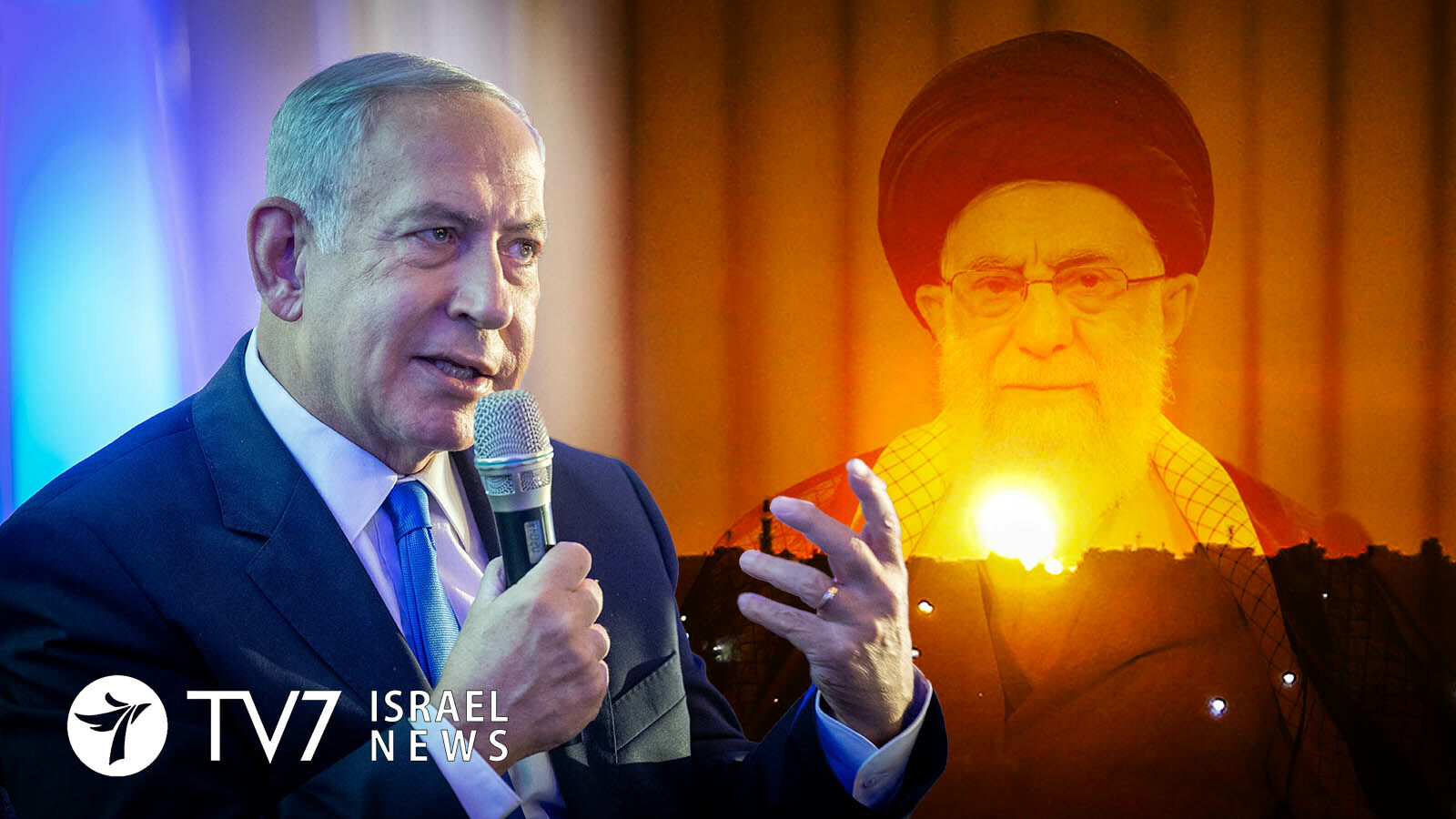Israel’s presumptive next premier has long vowed to take any necessary action to prevent the Islamic Republic from acquiring atomic bombs.
By Erin Viner
“I’ll do anything in my power from prevent them from getting nuclear weapons and the means to deliver them to us, and by the way – to you, too,” Benjamin Netanyahu told the Republican Jewish Coalition Conference, in his first remote Q&A session to since securing the presidential mandate to form Jerusalem’s next government.
The former Israeli premier has not wavered from the position he adopted during his previous terms in office that he will not hesitate to exercise its right to self-defense against Iran – even if it risks straining ties with the United States.
If defense of the Jewish State “meant taking a stand against a sitting administration, then so be it. I did it but not up haphazardly and not light heartedly, it was a difficult decision,” he said, adding that, “People in Washington and in America and in the West are beginning to realize Israel’s great value, it’s being a great asset to western security against the multitude of Islamic radicals and especially against this regime called Iran. A change death to Israel, death to America.”
Netanyahu notably challenged the administration of former Democratic President Barack Obama as it worked to secure the 2015 Joint Comprehensive Plan of Action (JCPOA) nuclear agreement between world powers and Iran, repeatedly condemning it as “a bad deal.”
The Israeli leader, who said that he has had “the privilege of dealing with several American presidents,” explained that even when “there were occasional differences – by the way with Republican and Democratic presidents” – that he continues to “value the constancy of the American-Israeli alliance because it is a partnership between peoples.”
Going on to highlight the positive relationship his previous neo-conservative government established with former Republican President Donald Trump, Netanyahu said he “was tremendously fortunate” to have “finally” greeted an American administration who agreed with his policy to normalize ties between Israel with moderate Arab states. Such cooperation helped to cement four peace treaties in just four months as part of the 2020 Abraham Accords with the United Arab Emirates, Bahrain, Morocco and Sudan, he pointed out.
Even though he may differ with his friend of four decades, current Democratic President Joe Biden, Netanyahu characterized such disagreement as one “within the mishpacha” (Hebrew for family).
